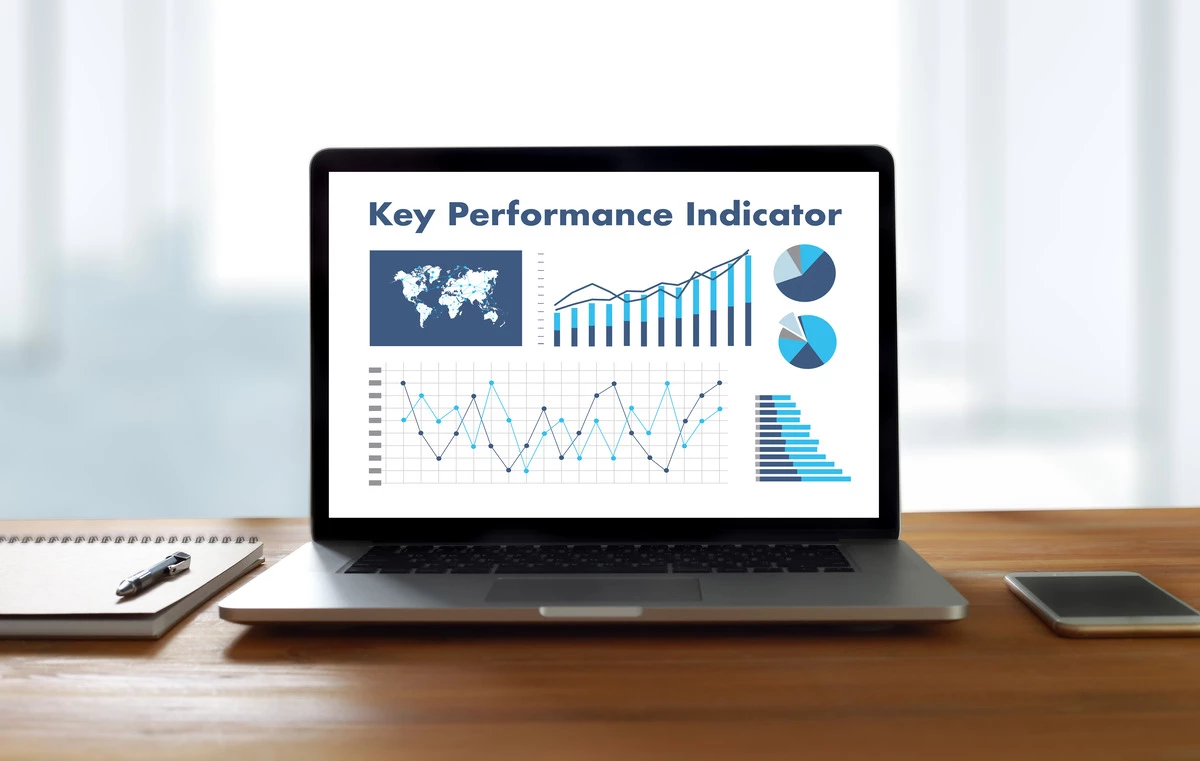Marketers often are, or feel limited in their advertising strategy, hesitant to invest in media buying or a media buying partner, due to misconceptions. Below are common concerns or objections we hear from marketers managing advertising strategies, along with suggestions for how to address them for yourself or your stakeholders.
Concern #1: “We don’t have the budget for a big media buy.”
With any concern or objection, the first priority is to understand the WHY behind it. What are your company’s business and marketing goals? How are you currently achieving them? Are you really budget-limited, or should you re-evaluate where your marketing budget is going? Media buying can be scalable, and you can start with a test budget.
Knowing your WHY can help you understand what objectives are most critical to address through your marketing strategy. Do you have a clear understanding of what you are currently running and what is, or is not, working for you related to your goals? Starting the discussion by focusing on the results you are looking to achieve, rather than the cost, will help you start from the top and work down to what is achievable within your current budget.
As you know, marketing is about testing. If you haven’t advertised in a while or haven’t tried specific media channels, it would be valuable for you to take time to test something new. Get dialed in to your audience and test a single channel or two to get the ball rolling. Focus on channels that you believe will offer the highest ROI and optimize campaigns in real-time to maximize efficiency.
Concern #2: “We tried that before, and it didn’t work.”
Here, the place to start is asking about What. What is the back story around what you tried in the past, and what didn’t work? Was it the right audience? Is the economy the same? Are the available channels the same as they were when you last tried advertising? Or even the approach to advertising, manual versus programmatic. Were KPIs clearly defined, and did you optimize based on performance data?
Once you uncover the specifics of what was tried, you may find that the creative, messaging, or placement was not the right fit, or that these tactics won’t be the ones you would use now.
As with all things in marketing, advertising and AdTech are constantly changing. What was available before may be very different from what it is available now.

Concern #3: “How do we know this will deliver ROI?”
Honestly, not all media can be directly attributed to results, leaving ROI measurements unclear. Performance-based advertising channels are more easily tracked than traditional brand advertising, such as billboards or radio.
Start at the beginning, what are your goals, who is your audience, and what is the best approach for your business? We will often recommend a full-funnel approach, including brand and performance advertising, in your media. Your KPIs need to be determined and achievable from the beginning. We can share case studies and examples of other clients’ plans, their approach, and the results.
Upper-funnel channels that benefit brand awareness enhance conversion in lower-funnel advertising. While call tracking or QR codes can be used on brand ads, it may be more difficult to measure. That’s where we use brand lift studies to help determine the direction your brand advertising is taking you, even if you can’t tie it directly to a specific ad.
Diving deeply into our tracking, reporting, and optimization tactics provides you with as much measurement as possible to tell the story of your ROI. Tracking and measurement processes should use the right attribution models for your campaigns. We’ll share what creative is working and test ads and targeting to improve performance. We can also use your first-party data to increase precision.
Concern #4: “Can’t we just handle media buying in-house?”
Depending on the size of your business and your budget, that may be a possibility. Your organization would need to staff up on experts from multiple areas of media buying, both on the traditional and digital side. You will also need to ensure you have expert data analysts to set up tracking, monitor campaigns in real-time, and provide transparent reporting along with recommendations.
In addition, you’ll need to continually build relationships with a long list of media channel professionals, AdTech platforms, and research tools, all to increase efficiency and reduce wasted ad spend. What we offer in those areas brings exponential savings to our clients.
Agencies provide expertise, technology, and vendor relationships that an in-house department may have difficulty managing. Programmatic and AI-driven buying require specialized knowledge. External teams also provide unbiased strategic insights.
You can benefit from our internal processes, resource investments, and team expertise, allowing you to clearly see the value and the external media strategy that a partner can offer.
We don’t have all the answers, but we can promise transparency, collaboration, agility, and a client-first approach to help you succeed with your media buying strategy.
Let’s have an open conversation about your concerns and objections. If you have other thoughts you would like to share, Contact Us or reach out on LinkedIn.



